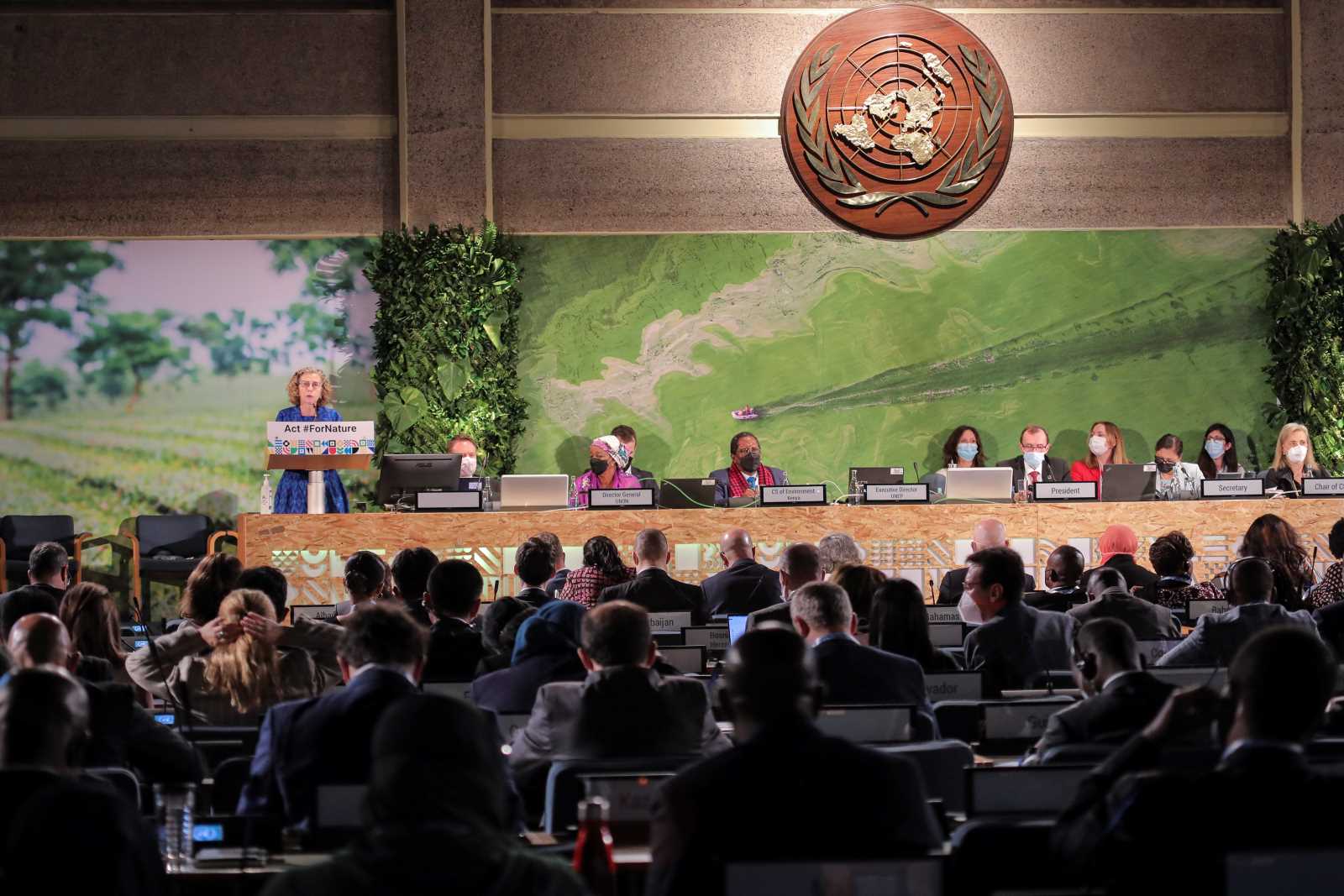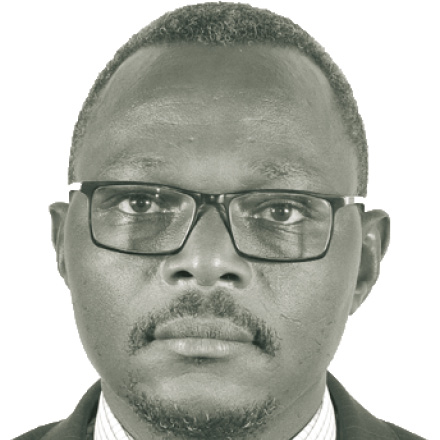ODA
Beyond the threshold

According to estimates that the Organisation for Economic Co-operation and Development (OECD) made in 2014, 28 countries with an aggregate population of around 2 billion people will cease to be ODA eligible by 2030. They include emerging markets such as China, Brazil, Mexico, Argentina, Malaysia, Thailand and Turkey.
The OECD forecast is based on per capita income projections. They show that the 28 countries will join the group of high-income countries (HICs) by 2030. In the past 40 years, more than 50 nations were removed from the ODA recipient list. Examples include South Korea and Singapore.
A country ceases to be ODA eligible once it has exceeded the ceiling of the upper middle income category for three consecutive years. According to the OECD, that ceiling is currently a per capita GNI (gross national income) of $ 12,235. The country list is only revised every three years, so it can actually take a country up to six years to formally lose its ODA recipient status.
The OECD projections are not necessarily accurate, but the trend is clear. In 2018, Chile and Uruguay were removed from the list of ODA-eligible countries. The permanent loss of ODA eligibility, moreover, is generally preceded by a sharp reduction in ODA appropriations. With resources flowing to an ever-declining number of countries, the reach and relevance of ODA will decline – including in the context of SDG finance.
Financing global sustainable development
Emerging markets like China, Brazil and Mexico matter very much in the provision and preservation of global public goods (such as, for example, environmental and climate protection). They are most relevant actors in the implementation of global UN agendas such as the SDGs and the Paris climate agreement. The SDGs add up to a universal compass, pointing the way as much for the industrialised world as for developing countries and emerging markets. This agenda cannot be implemented successfully unless all nations cooperate in a spirit of global partnership.
That many emerging markets are about to graduate from ODA eligibility presents a risk to that global partnership. The UN has passed resolutions to mobilise funding from other sources (including state, non-state, international and UN sources), but ODA still plays an important “catalytic” role in achieving global development goals.
Both donors and the emerging markets concerned lack concepts for plugging the gaps that will open up in SDG finance because of ODA graduation. They need to develop a vision of international cooperation “beyond ODA” – and they will need a toolbox for financing it. They must rise to the challenge by drafting shared strategies for the transition from transfer-based development cooperation (DC) to a different kind of international cooperation (IC).
On the upside, the OECD did decide in 2017 to pay more attention than in the past to ODA graduation and its impacts. So far, ODA is based only on average per capita income, and that will hardly change. It is unlikely that ODA will be redefined to take account of matters such as social inequality, environmental hazards and climate challenges. The international “beyond ODA” debate on financing global sustainable development is still at a fairly early stage.
Addressing ODA graduation
With GIZ support, the London-based Overseas Development Institute (ODI) is currently assessing how donor governments and their partners should address the challenges of ODA graduation and how to make the transition from DC to IC. At the heart of related ODI research are four country studies: one concerns a country that has successfully completed the transition (South Korea), another concerns a country currently facing ODA graduation (Chile) and two concern countries that are set to lose their ODA eligibility by 2030 (Mexico and a yet to be identified African country).
The research focuses on the transition from DC to IC as well as the design of future IC. Relevant questions include: How can the transition be managed successfully? To what extent will IC build on DC experience and previous DC relationships? At present, there are very few examples of these challenges being dealt with well. When DC with Malaysia was phased out, for example, discussions on harnessing the DC legacy were organised by Germany’s Federal Ministry for Economic Cooperation and Development (BMZ). However, that was done too late to deliver a workable concept.
In a study published at the end of 2017, Chile’s bilateral development agency Agencia de Cooperación Internacional de Chile (AGCI) and the UN Development Programme (UNDP) proposed to establish a graduation fund that might help newly graduating countries to finance SDG related efforts. Such a fund would certainly help to manage the transition from DC to IC.
As for the German response to the impending mass graduation of emerging markets, it must first be clarified whether the BMZ could still play a role in cooperation with the no-longer ODA eligible governments (whether in regional, global and sectoral projects or in formats such as triangular cooperation). It must then be clarified what resources and funds other departments of Germany’s federal government could contribute to international cooperation.
The BMZ is not the only government department to disburse ODA money. So far, the Federal Environment Ministry, the Federal Foreign Office and other departments are keen on a large share of their spending being counted as ODA. This is likely to pose problems for SDG finance once emerging economies graduate from middle-income status. They will still require the funding, but it can then no longer be ODA. A rethink is needed. Germany’s Federal Government must reassess its policy and make more money available for IC beyond ODA. The definition of both a new category of SDG finance and ways to measure it would support such efforts (see box).
Policy coherence must improve, moreover, so international cooperation for sustainable development can be enhanced. A “whole of government approach” is indispensable. This is already evident in settings such as the inter-ministerial Sino-German government consultations, that Chancellor Angela Merkel leads.
Michael Krempin was a senior policy advisor at GIZ until January 2019 and now works as a consultant.
gebhardt.krempin@t-online.de













